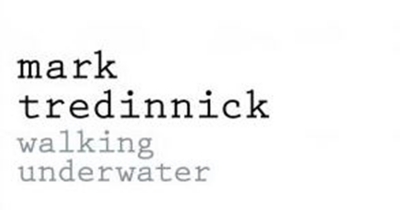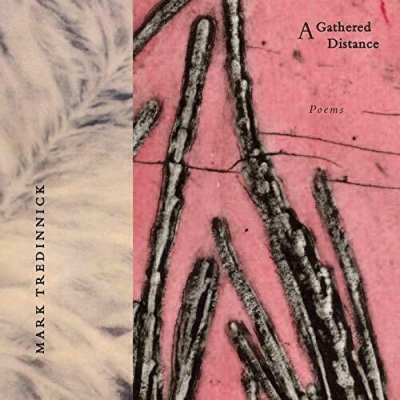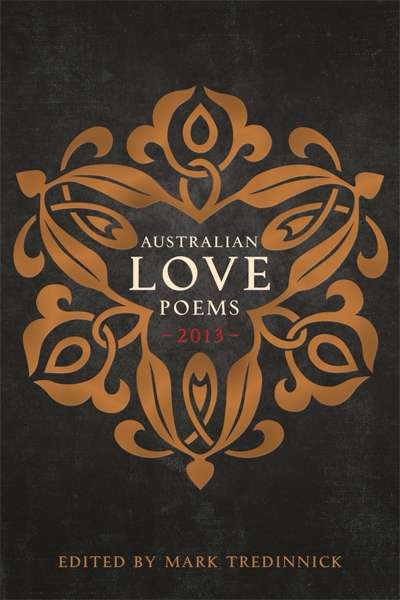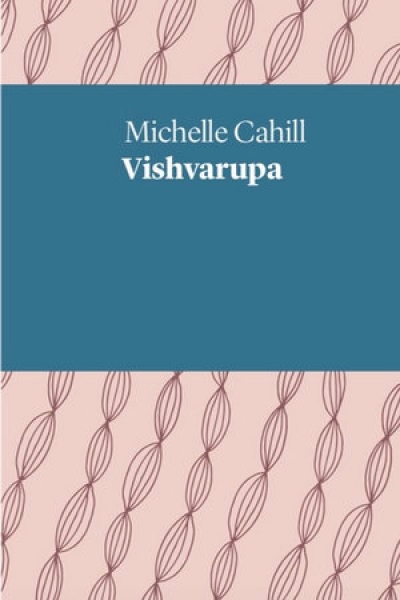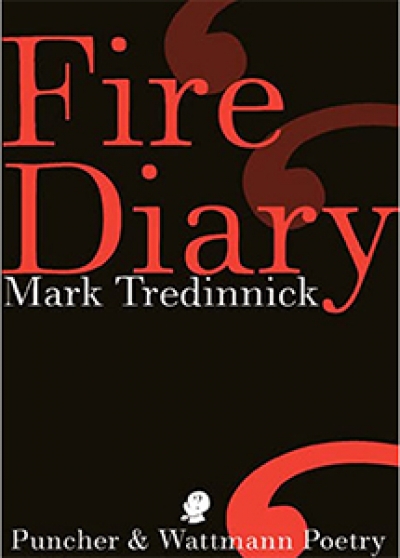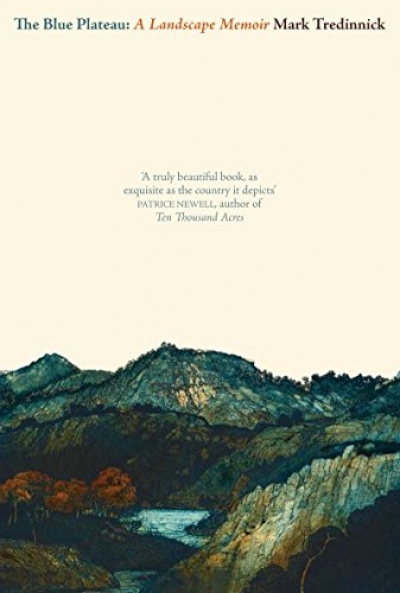Mark Tredinnick
A Gathered Distance by Mark Tredinnick & The Mirror Hurlers by Ross Gillett
'Dancing with Stephen Hawking' by John Foulcher; 'The Mirror Hurlers' by Ross Gillett; '63 Temple Street, Mong Kok' by Belle Ling; 'Searching the Dead' by Andy Kissane; 'Raven' by Mark Tredinnick.
... (read more)During a lull in the fiercest weather event the south-east of the continent has seen in thirty years – we call them ‘events’ these days, as though someone’s putting them on – I went out on a Sunday morning and bought myself a book.
I should tell you that we live on an acre in the country one hundred and t ...
Australian Literary Studies edited by Leigh Dale & Meanjin edited by Ian Britain
The Inaugural ABR Poetry Prize
Ventriloquist’s Dummy
Jennifer Harrison
I
I can’t tell where I’m going
but shall I memorise the shape of streets
the slope of bridges, the vertigo?
today I’m carried somewhere new –
I’m lost, in pieces, and I rattle

